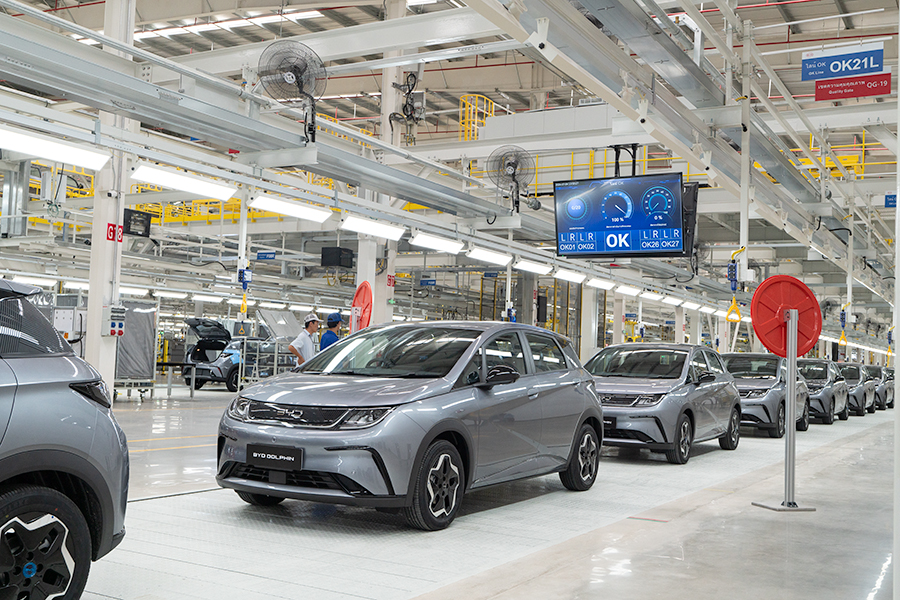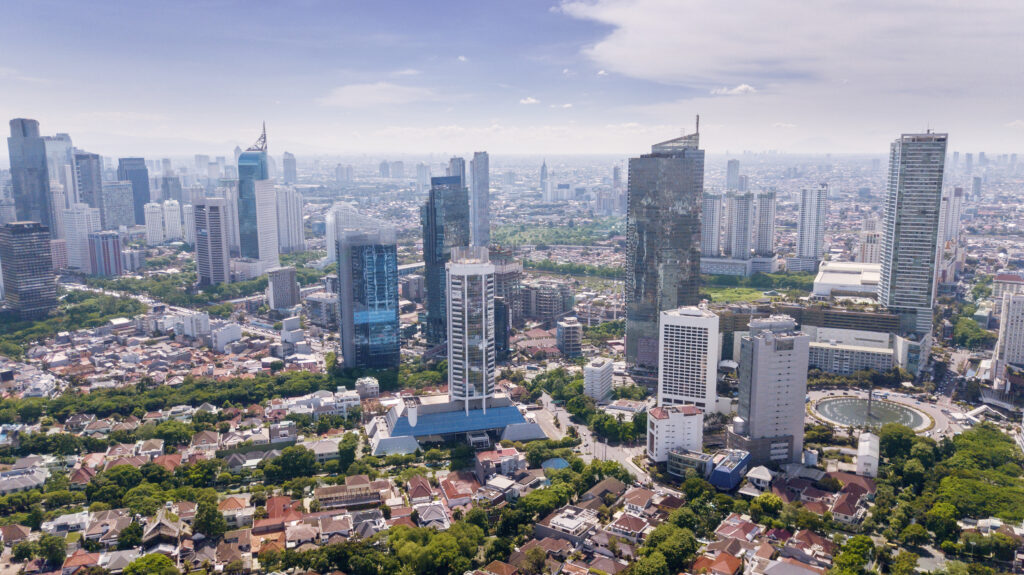ASEAN is one of the fastest-growing regions in the world, and in 2025, three countries are standing out for entrepreneurs and investors — Thailand, Vietnam, and Indonesia. Each offers strong opportunities, but also unique challenges to navigate.

Thailand: Moving Toward High-Value Industries
Thailand remains one of ASEAN’s most developed economies, with strong sectors in tourism, automotive, and electronics. The government is pushing the Thailand 4.0 strategy, encouraging growth in digital services, biotech, and green energy.
- Strengths: Strategic location in the heart of ASEAN, well-developed infrastructure, and strong consumer spending.
- Opportunities: E-commerce, medical tourism, renewable energy, and logistics.
- Challenges: Political uncertainty and reliance on global trade cycles.
For foreign investors, Thailand remains an attractive hub to set up regional headquarters or service-based businesses that target both local and neighboring markets.

Vietnam: The Rising Manufacturing Powerhouse
Vietnam is one of the fastest-growing economies in Asia, with GDP growth averaging around 6%. The country is a major destination for global manufacturers shifting operations from China, thanks to its competitive labor force and growing free trade agreements.
- Strengths: Large young workforce (median age 32.5), strong literacy rate, and fast-growing middle class.
- Opportunities: Manufacturing (electronics, textiles), real estate, renewable energy, and digital startups.
- Challenges: Bureaucratic hurdles and income inequality.
With 100% foreign ownership allowed in many industries, Vietnam is a hot spot for companies looking to establish a long-term production and export base.

Indonesia: ASEAN’s Largest Market
Indonesia, with a population of over 270 million, is ASEAN’s biggest economy and consumer market. It has a growing middle class, rapid urbanization, and significant natural resources.
- Strengths: Huge domestic market, expanding digital economy, and strong demand for infrastructure.
- Opportunities: E-commerce, fintech, consumer goods, and resource-based industries.
- Challenges: Regulatory complexity and infrastructure gaps outside major cities.
Foreigners can own up to 100% of a company (PMA structure) in many industries, making Indonesia one of the most promising long-term investment destinations.
Key Numbers at a Glance (2024 Data)
| Country | GDP (USD) | GDP Growth | Population | FDI Inflow | Key Sectors |
|---|---|---|---|---|---|
| Thailand | ~$515B | ~2.4% | ~71.6M | ~$32.5B | Tourism, Automotive, Digital Services |
| Vietnam | ~$476B | ~6% | ~100.5M | ~$36.6B | Manufacturing, Real Estate, Retail |
| Indonesia | ~$1.4T | ~5% | ~270M+ | ~$21B | E-commerce, Energy, Consumer Goods |
Final Thoughts
Thailand, Vietnam, and Indonesia represent three pillars of ASEAN’s future growth:
- Thailand for its services and strategic hub status.
- Vietnam for its manufacturing strength and export orientation.
- Indonesia for its massive consumer market and digital boom.
For entrepreneurs and investors, these countries are not only markets to watch but also prime locations to set up businesses in 2025.
At InvestinAsia, we specialize in helping businesses register, expand, and operate smoothly across ASEAN. Whether you’re eyeing a factory in Vietnam, a service company in Thailand, or a consumer brand in Indonesia, we can guide you every step of the way.
Contact InvestinAsia today and take your first step toward building a strong foundation in South-East Asia future.
Tel: (+66) 2 1188 999
Email: hello@investinasia.co.th
Website: https://investinasia.co.th




What you’ve explained is very interesting, and there are several points that inspire me. Thank you for your post. I hope to return here again in the future.
I am impressed by what you wrote, it inspired me and made me think for a moment about a new idea. I think many people will come here to find out more. Keep up the good work.
I think we have reached the best conclusion here. Your explanation above serves as a benchmark for drawing conclusions from our current work. I would love to come back here in the future to see what you have come up with. Thank you.
https://fashionsstyles.s3-eu-west-3.amazonaws.com/index.html
There is a lot of positive inspiration in your article, which has inspired me to write more about this topic. Very inspiring. https://thehobby.dkjrgvssmmayy.amplifyapp.com